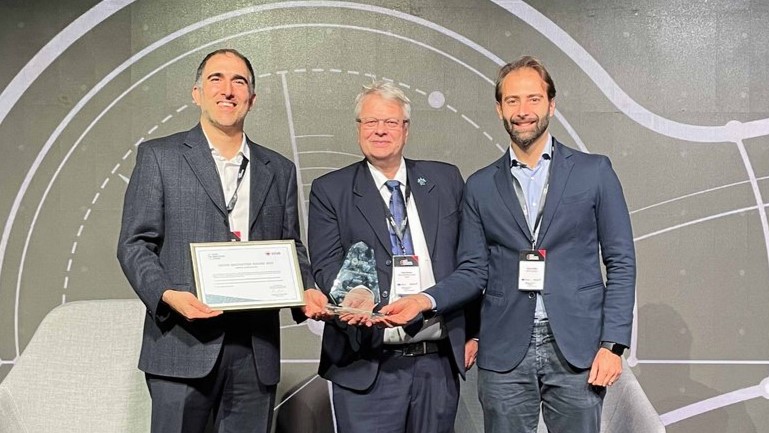
Network News

– Achieving Over 90% Accuracy, Wins First Place at GICHD-Sponsored Awards – Tokyo, Japan, October 29, 2025 — NEC Corporation (NEC; TSE: 6701) and the Cambodian Mine Action Center (CMAC, *1), the national institution responsible for landmine clearance activities in Cambodia, with assistance from JICA (*2), conducted a proof-of-concept using AI to predict landmine-contaminated areas. This […]
read more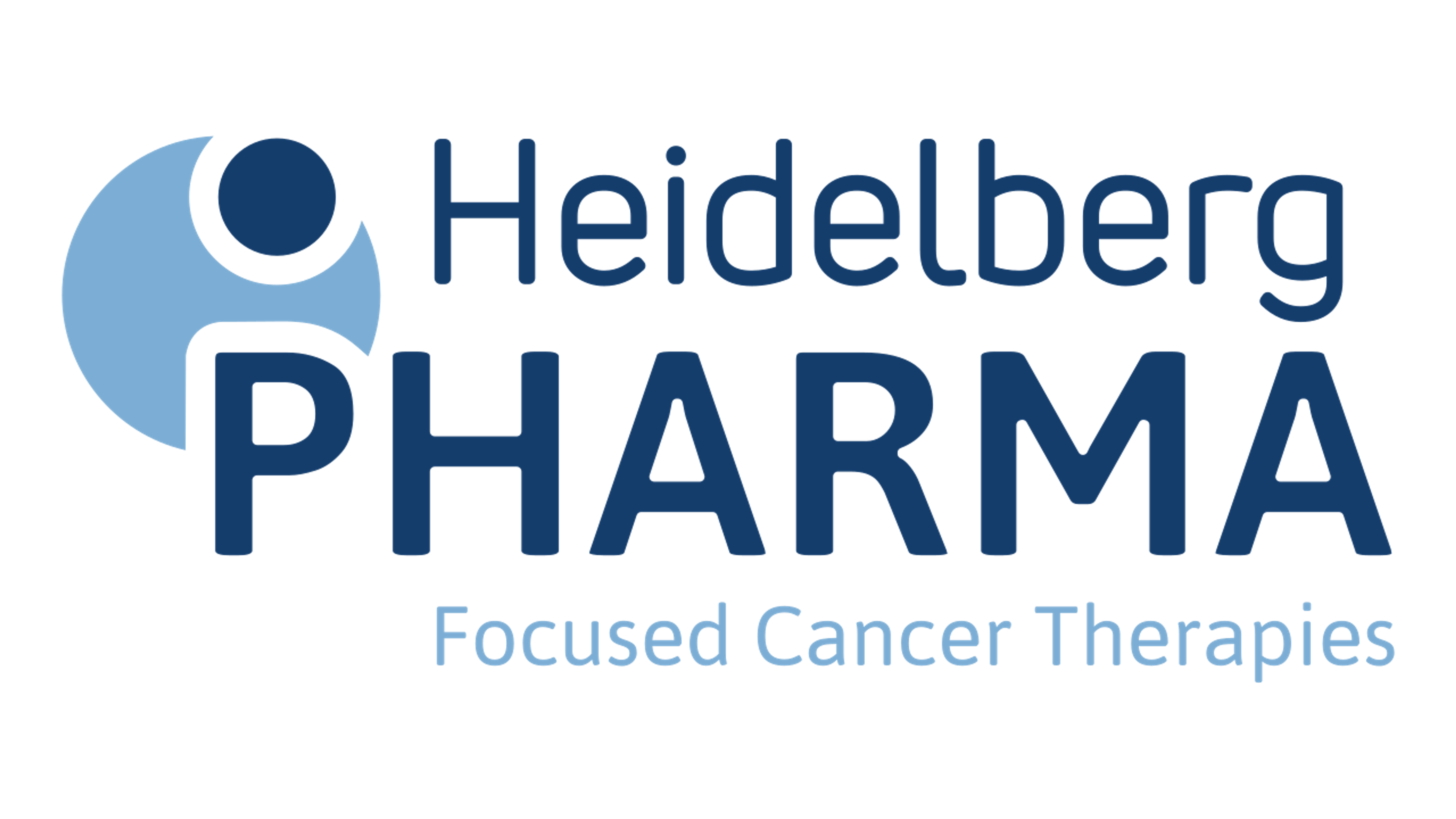
Heidelberg Pharma’s Lead ATAC Candidate HDP-101 Shows Progress in Phase I/IIa Trial in Multiple Myeloma
Ladenburg, Germany, 6 November 2025 – Heidelberg Pharma AG (FSE: HPHA), a clinical-stage biotech company developing innovative Antibody Drug Conjugates (ADCs), today announced that HDP-101 (INN: pamlectabart tismanitin), the Company’s lead ATAC candidate for the treatment of relapsed or refractory multiple myeloma, shows further clinical activity in Cohort 8 at a dose level of 140 µg/kg. These […]
read more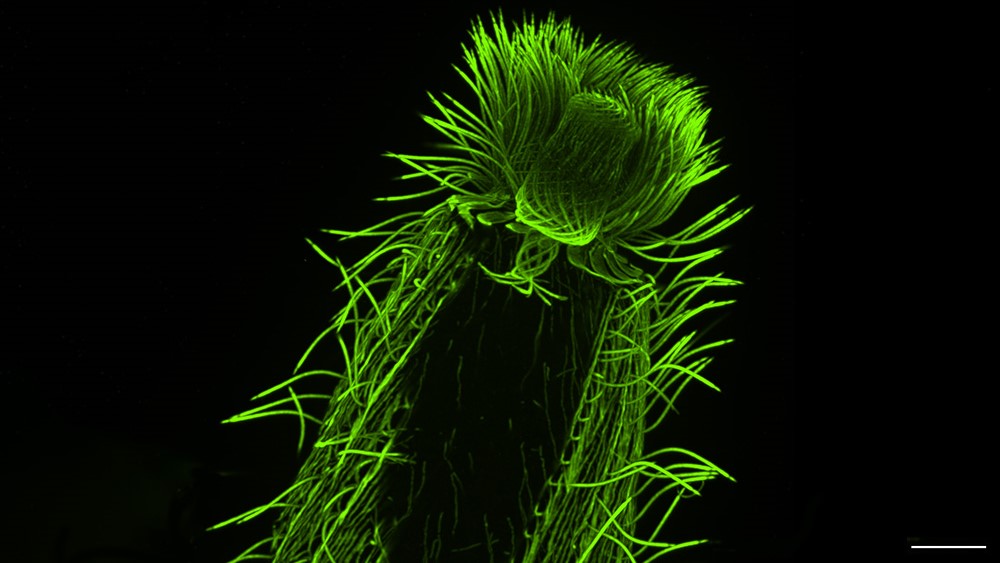
Expanding the biological world through microscopy
EMBL researchers have been using a powerful technique called expansion microscopy to peek deeper inside living organisms and understand how they function One day in 2020, in the middle of the COVID-19 pandemic, EMBL Group Leader Gautam Dey received a Zoom call from his collaborator and fellow cell biologist Omaya Dudin. Dudin, who led a research group at […]
read more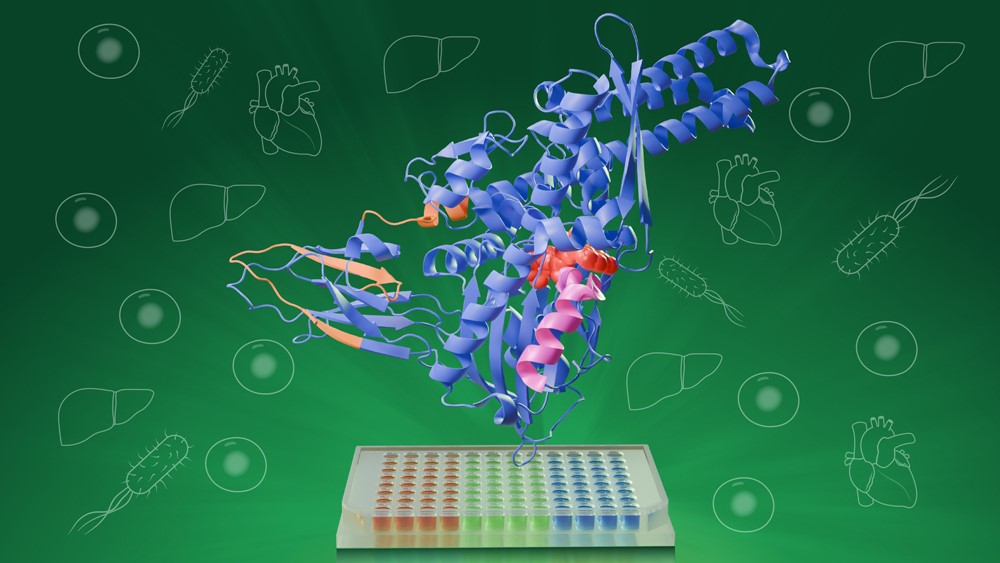
New method offers broader and faster detection of protein-ligand interactions
EMBL scientists improve a protein analysis technique, significantly expanding its use and making it 100 times faster – a development that could accelerate drug discovery and fundamental biological research Summary Swedish chemist Jöns Jacob Berzelius, in a letter to a fellow chemist, first suggested the name ‘proteins’ for a particular class of biological substances, deriving […]
read more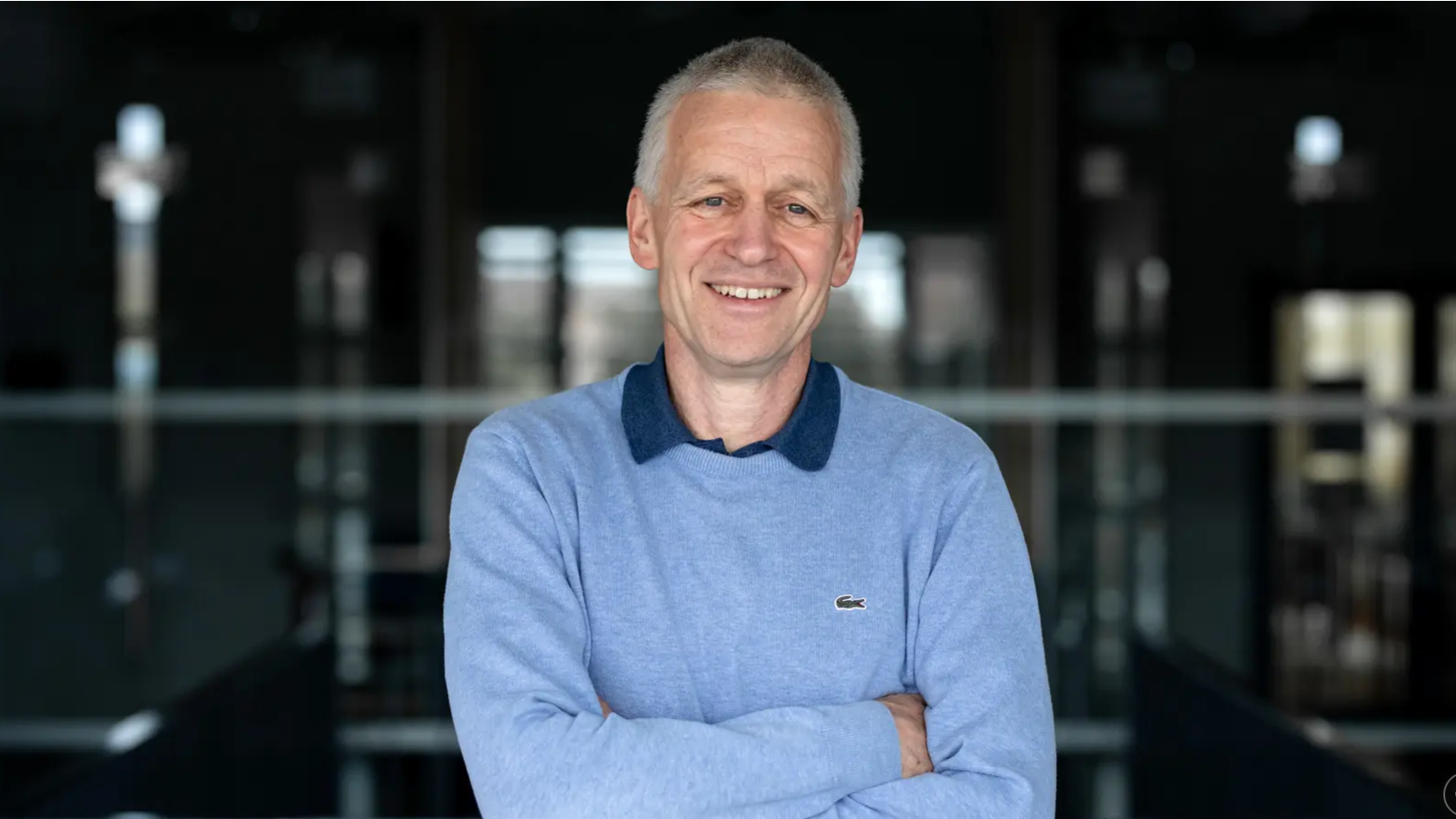
ERC Synergy Grant for MPI Director Kai Johnsson
On the trail of contacts: European Research Council funds pioneering MitoContact project to investigate communication between mitochondria and other cell components Kai Johnsson, Director at the Max Planck Institute for Medical Research, has been awarded a Synergy Grant by the European Research Council (ERC). In the funded project MitoContact, he will work with two scientists from Switzerland to […]
read more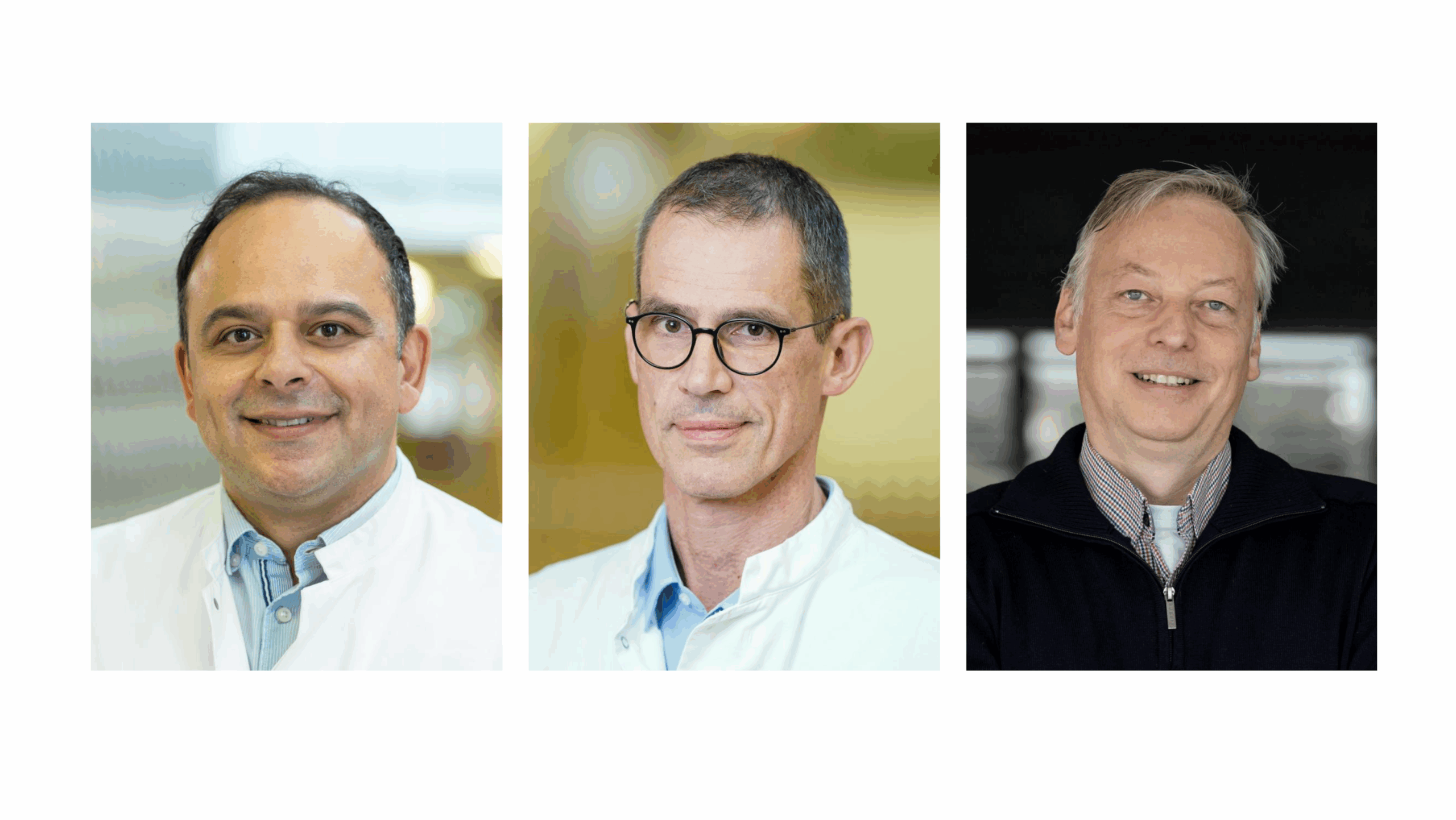
Two ERC Synergy Grants for Scientists at Universität Heidelberg
European Research Council awards prestigious funding for complex research projects Scientists at Heidelberg University are to receive two prestigious ERC Synergy Grants awarded by the European Research Council (ERC) for groundbreaking research projects that will be carried out jointly by several teams. Prof. Dr Dr Amir Abdollahi is coordinating a tri-national collaboration with colleagues in […]
read more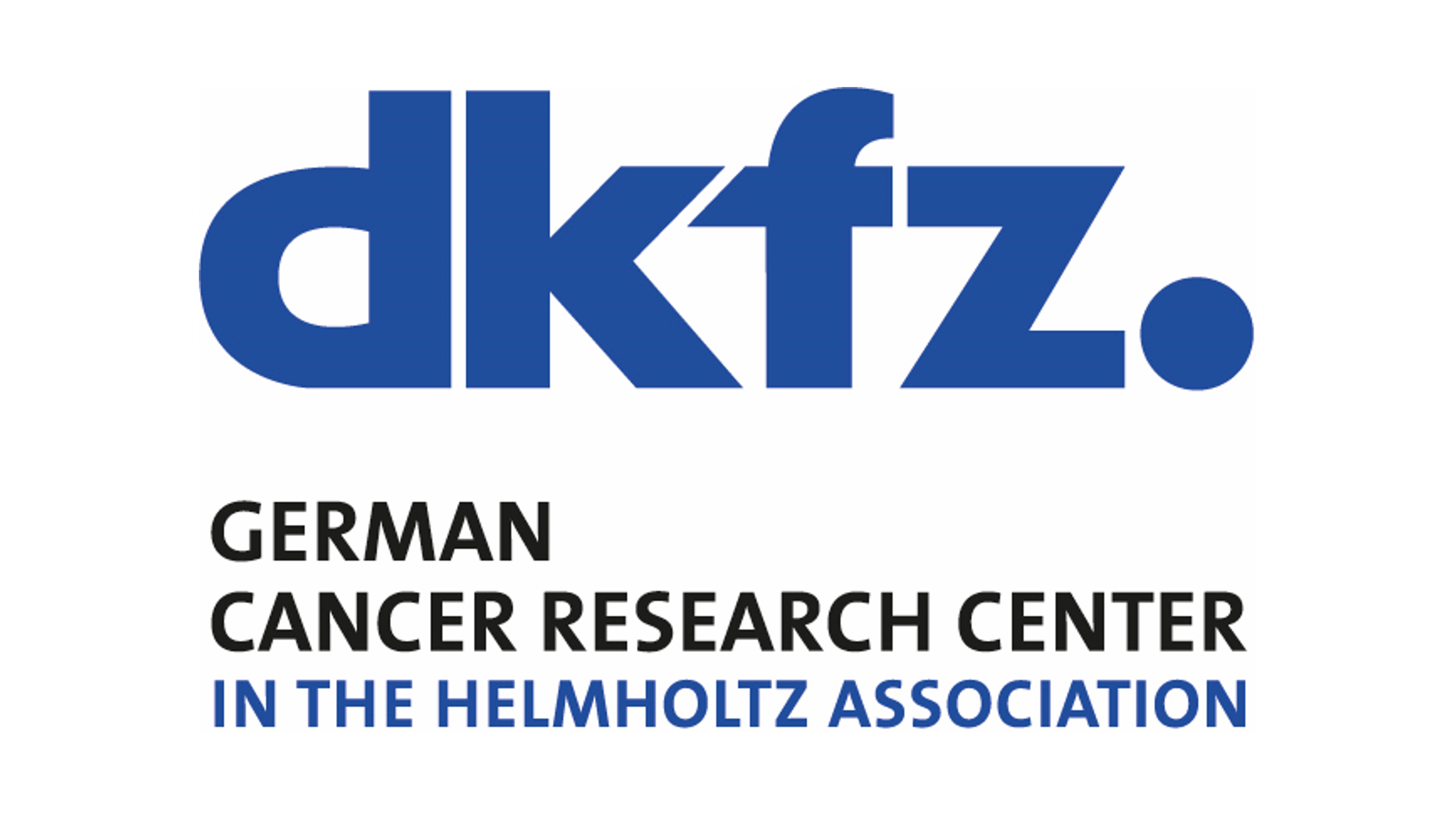
Brain Tumor Charity supports immunotherapy for childhood brain tumors with 1.5 million pounds sterling
Ependymomas, brain tumors that occur particularly in young children, are especially difficult to treat and more than half of the children affected have an increased risk of relapse. As part of an international consortium, the Hopp Children’s Cancer Center Heidelberg (KiTZ), the German Cancer Research Center (DKFZ), the Medical Faculty of Heidelberg University (MFHD) and […]
read more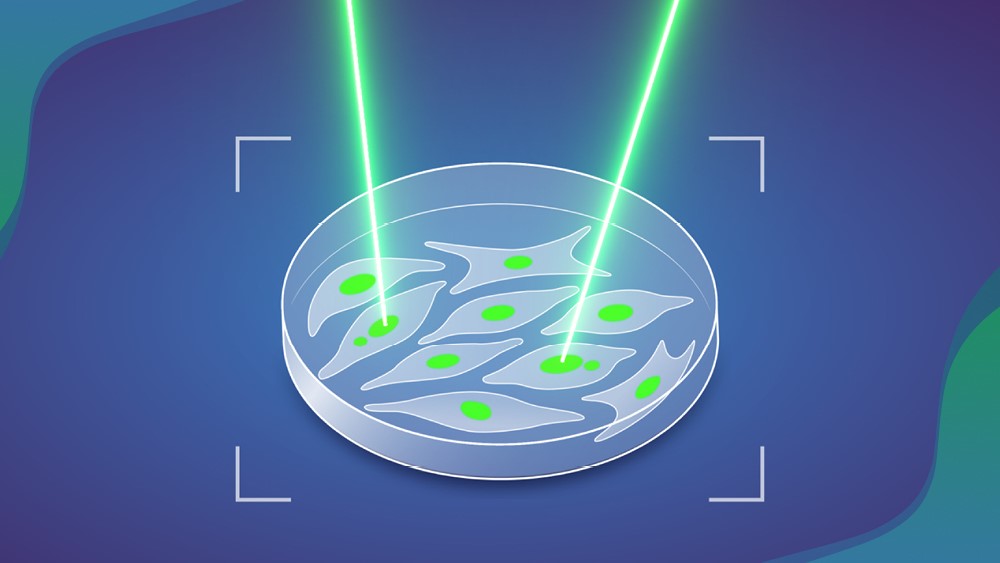
MAGIC: AI-assisted laser tag illuminates cancer origins
EMBL researchers have developed a new AI tool, which, through a game of molecular laser tag, identifies cells that can shed light on the earliest origins of cancer Summary The human body relies on precise genetic instructions to function, and cancer begins when these instructions get scrambled. When cells accumulate genetic errors over time, they […]
read more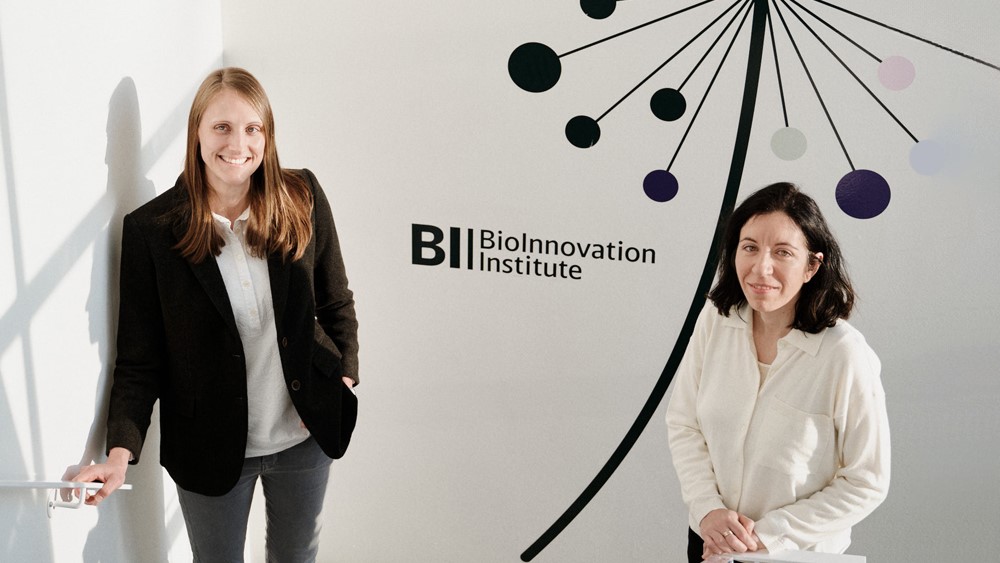
A human placenta model to protect pregnant women and their babies
EMBL researchers were awarded a BII foundation grant to support Model-MI – an in vitro model that mimics the maternal-fetal interface Pregnancy is a period of both excitement and concern for the healthy development of the foetus and the well-being of the expectant mother. During the ~40 weeks of gestation, many external factors constitute a danger for […]
read more
